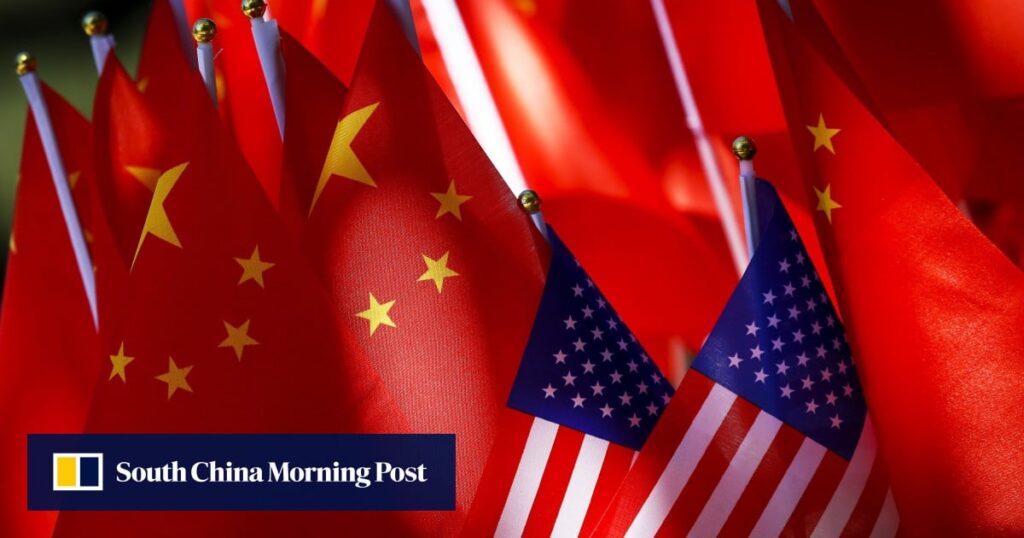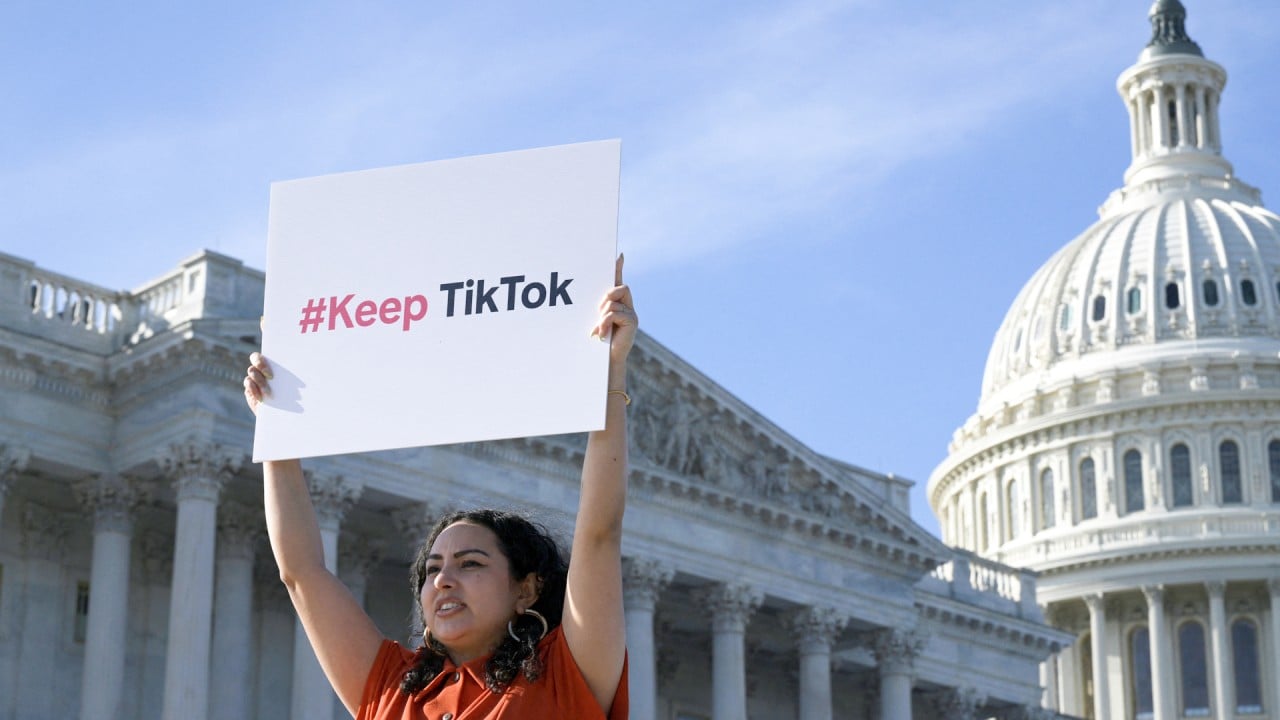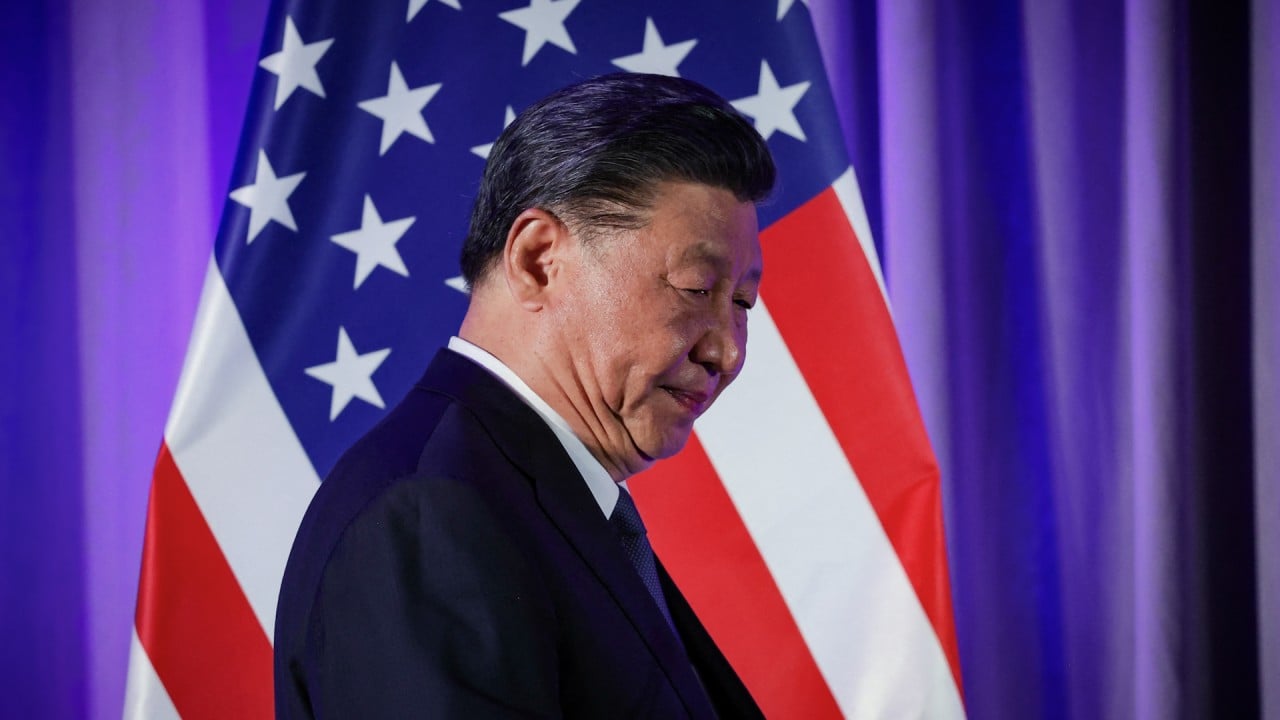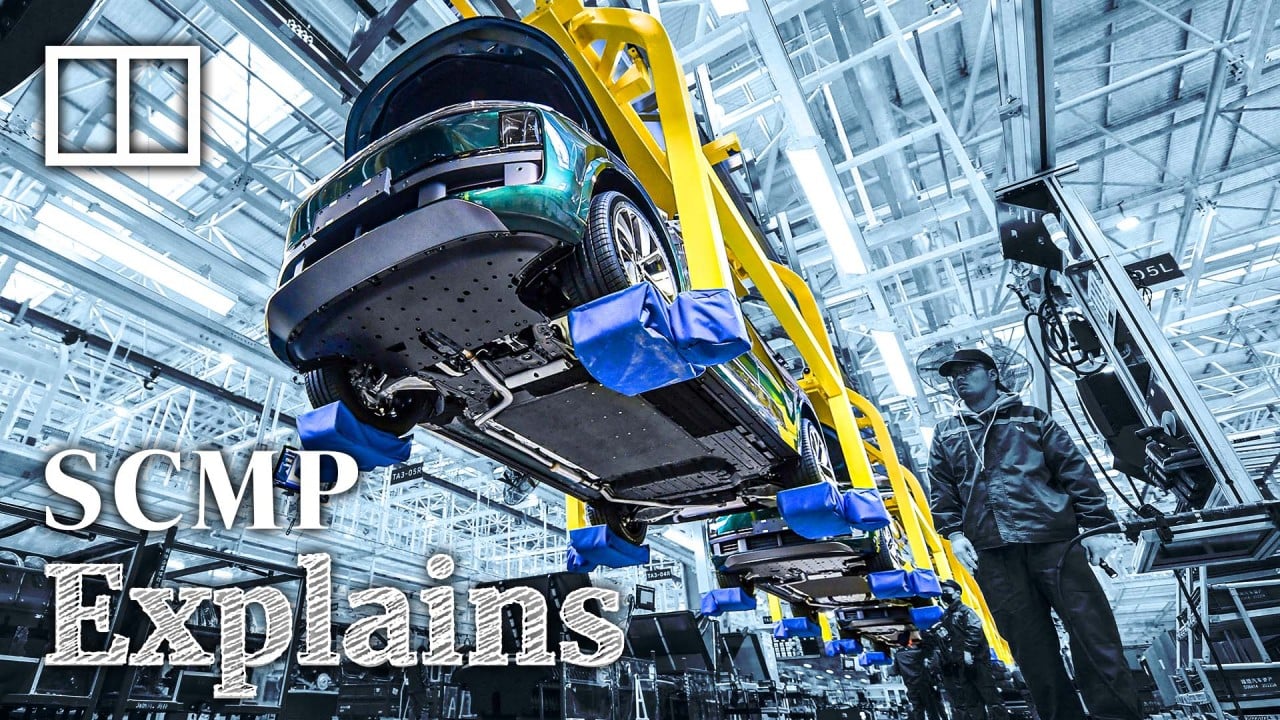But most of the discussion at the Harvard China Forum inevitably turned to U.S.-China relations.
Hopes for future U.S.-China relations lie in “touchpoints'': James Hymowitz
Hopes for future U.S.-China relations lie in “touchpoints'': James Hymowitz
Nio CEO William Li said the Chinese government is targeting foreign automakers amid thinly veiled complaints that the U.S. is penalizing Chinese EV makers with tariffs and other restrictions. He called for further cooperation, stating that he refrains from discriminating against people.
“Geopolitics is the biggest uncertainty,” Chen Dongsheng, chairman and CEO of Taikang Insurance Group, said at the forum. “The trend of globalization has turned to decoupling, technological blockades, and protectionism.”
Graham Allison, a Harvard professor who met with President Xi Jinping and other senior leaders during a recent trip to Beijing, said he returned with both good and bad news. Allison popularized the term “Thucydides Trap.” This represents a historical tendency for emerging powers to go to war when they threaten to displace an established superpower.
He said the good news was that Xi's meeting with US President Joe Biden in San Francisco in November ended soured relations and laid the groundwork for improvement. But he said it was far from a guarantee that the two countries could compete and cooperate at the same time.
Despite domestic economic challenges, Xi is “very much in command” with “a firm vision of making China the nation it can be,” Allison said.
“This is very bad news. This is a true Thucydidesian conflict between the fastest rising power in history and the most colossal ruling power since at least Rome,” Allison said. “And neither of us is going to give much away in that position.”
James Ding, managing director at GSR Ventures, said whether foreign investors get excited about the Chinese market again depends on the Chinese government's “next set of policy directions.”
“The Chinese government is keen to restore confidence not only in the private sector but also in China and overseas investors,” Ding said. “I hope it improves gradually.”
Private equity investors return to China for M&A deals in 2024: Bain
Private equity investors return to China for M&A deals in 2024: Bain
Other Chinese venture capital and private equity investors were relatively optimistic.
Although China's economy faces population decline and geopolitical risks, China produces millions of university graduates, engineers, and other professionals, and has a comprehensive supply chain and new focus on innovation. The company enjoys a competitive edge due to its focus, said Kevin Chee, chairman of Merger China Group. .
“I have more positive stories about China than negative ones,” Qi said.
Jing Hon, founding partner and CEO of Gaucheness Capital, echoed similar sentiments. He said he was bullish on Chinese assets and overseas startups run by Chinese entrepreneurs.
A structural shift away from a labor- and capital-intensive economy means China needs to drive innovation to improve productivity, which presents “huge opportunities,” he said. Stated. He added that China's stable social and political structure indicates more sustainable development than most other countries.
“Many people realize how drastically China has slowed down, but they underestimate how stable the society is,” Hong said. “At the end of the day, it's not about how much GDP can grow; it's about which countries can protect the bottom half of their population. China has done pretty well in this regard.”





